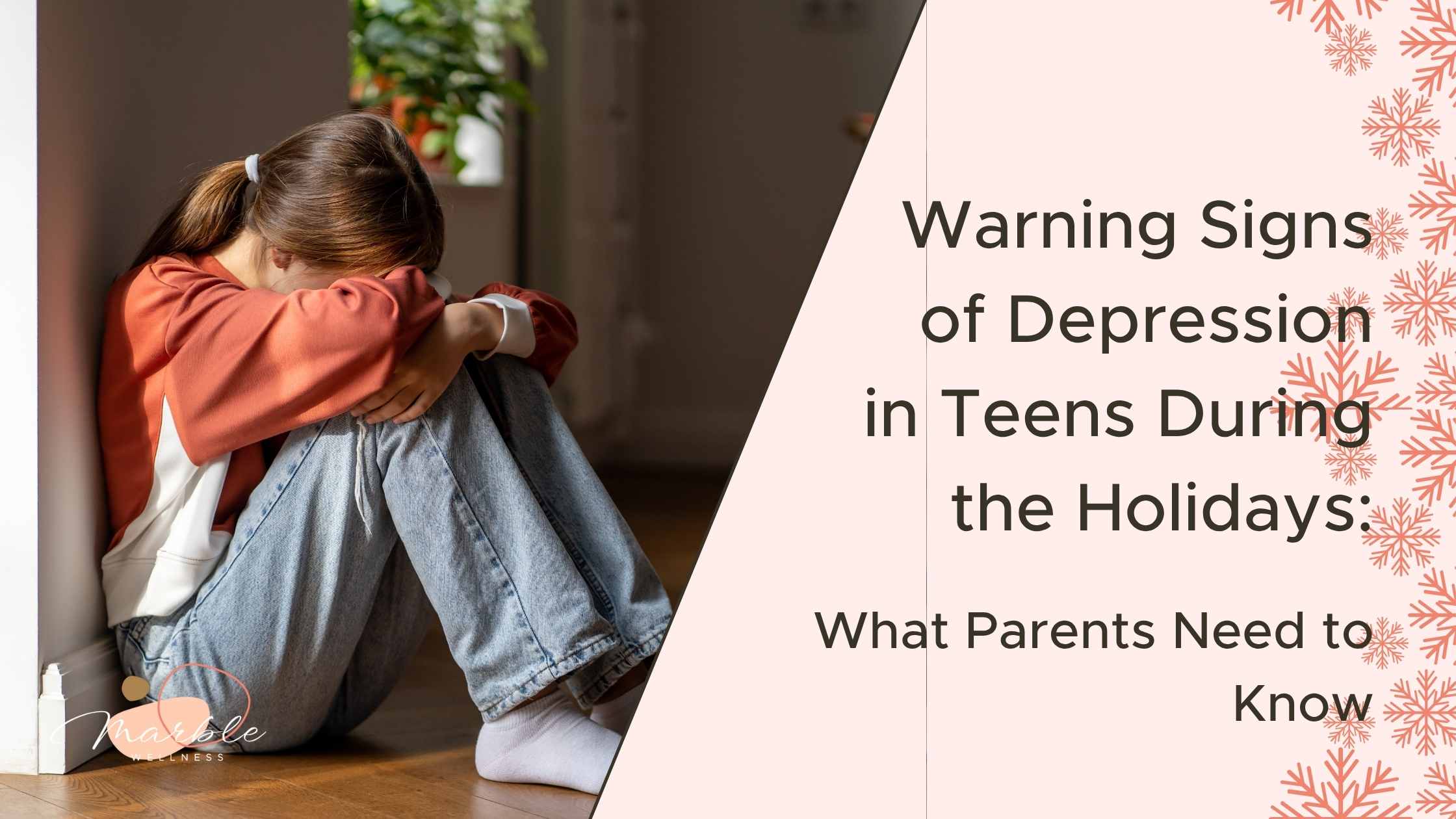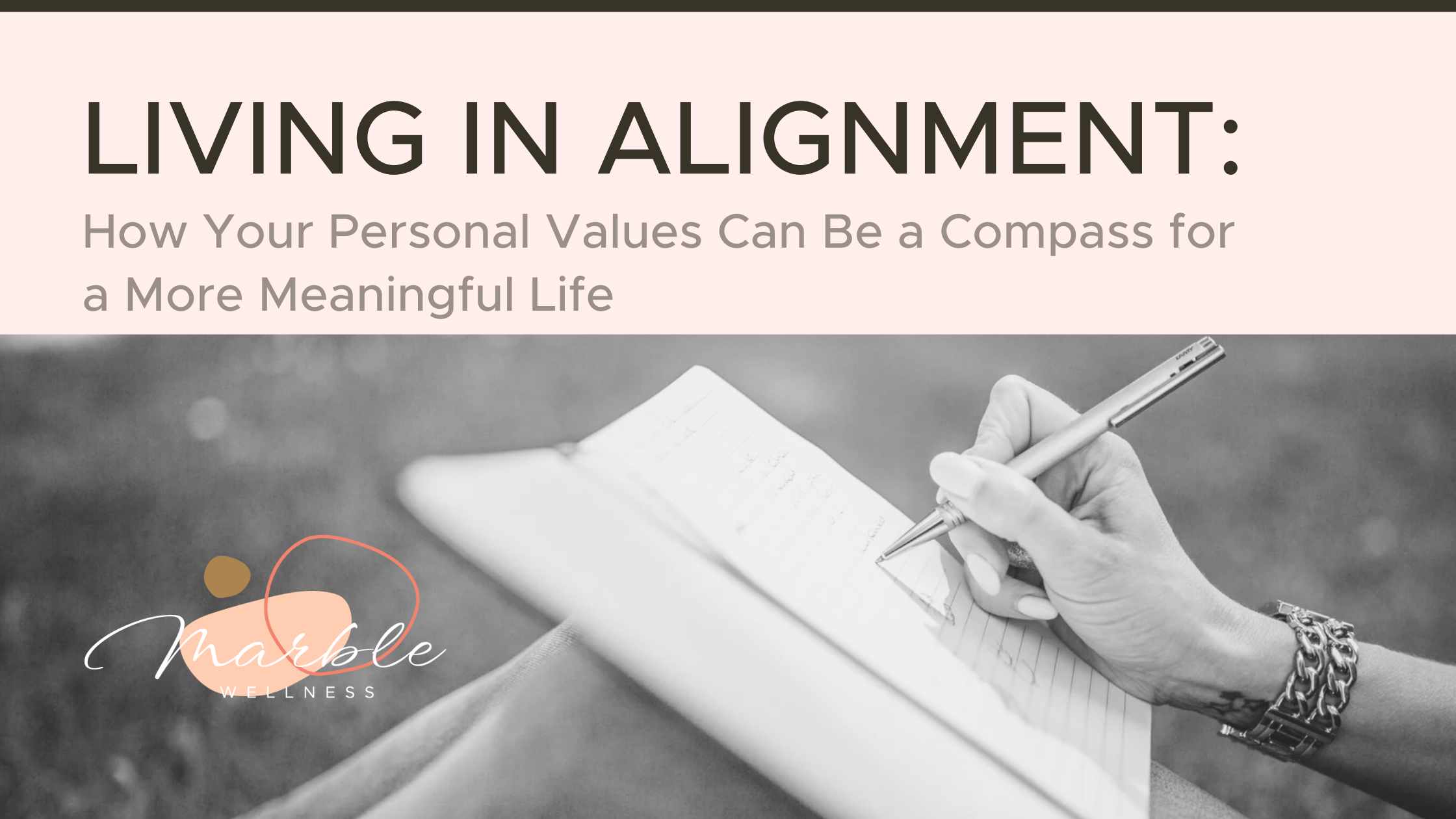
Depression Treatment
You’ve Noticed the Changes in Yourself
You’ve started to notice that you’re moving more slowly. Your sleep has become dysregulated, and your appetite has changed. Your brain feels a little foggy, and there seems to be a wet blanket over your positive emotions. You’re a little more irritable than usual and a lot more unsatisfied with your day-to-day life. Tasks that used to feel effortless now seem monumental, and any motivation you once had feels like it’s been lost forever.
You’ve stopped enjoying the things that usually bring you happiness or contentment. Most things, maybe even everything, feel like a drag. They wear you out, and you just don’t have the energy to keep up. This isn’t the life you wanted to live. Depression was never part of the plan.
You Know Things Need to Change
You’ve reached a point where you’re not even sure how it is to be around you. It’s easier to turn down invitations—to skip brunch, miss a birthday party, or avoid happy hour after work. Not only is it exhausting to even think about going to these events, but you also feel like no one wants you there anymore. You worry you’re too much of a “downer” to be around.
Then, there’s the constant weight of your thoughts. It feels like depression has seeped into every corner of your mind. Your confidence is shaken. Decision-making has become a challenge. You’re unsure whether it’s your job, your relationship, or something else entirely that’s led you to this place. But one thing is clear: your depression is affecting every role you play in your life.
Maybe you’ve been dealing with depression for a while now. Or maybe you aren’t entirely sure, but you do know this: the feeling you’ve been carrying for so long—it’s gotta go.
Recognizing the Symptoms of Depression
Depression doesn’t show up the same way for everyone, but it tends to affect three main areas: your mind, your emotions, and your body.
- Cognitive Symptoms: You may notice that your thoughts have slowed down or that it’s hard to concentrate. Decision-making might feel impossible, and your brain is in a constant fog. You might even have persistent negative thoughts about yourself or your future.
- Emotional Symptoms: Depression isn’t just about sadness. Sure, you may feel overwhelmingly sad, but you might also feel numb or empty. And sometimes, you’re irritable or angry at things that never used to bother you. Feeling joy or excitement seems like a distant memory.
- Physical Symptoms: Depression can take a toll on your body, too. Your sleep may become erratic—either you’re waking up multiple times during the night or sleeping way more than usual. Your energy is zapped, making it hard to get through the day. And your appetite? It might fluctuate between having no interest in food at all to overeating for comfort.

Why Therapy is a Powerful Tool Against Depression
It can feel like depression has you trapped in a cycle, but here’s the thing: you don’t have to do this alone. Therapy offers more than just a space to talk—it’s a way to actively work toward change with the guidance of someone who understands.
In therapy, you’re not just venting your struggles; you’re learning strategies to get unstuck and regain control. A therapist walks beside you, helping you make sense of the things weighing you down and supporting you as you develop new ways to cope. With therapy, you gain the tools to step out of depression’s shadow and into the life you want to live.
How Therapy for Depression Works
Therapy is a journey of rediscovery. It helps you reconnect with your strengths and the things that make life meaningful to you. Here’s how it works:
- Identifying Triggers and Patterns: Together, we’ll dive into what’s fueling your depression. Is it stress from work? Relationship struggles? Or maybe it’s hard to pinpoint the exact cause. Therapy helps untangle these issues, giving you clarity and understanding of what’s holding you back.
- Reframing Negative Thoughts: Depression often comes with a flood of harsh, self-critical thoughts. These thoughts feel powerful, but they aren’t necessarily true. In therapy, we’ll work on challenging and reframing these thoughts, replacing them with ones that are more balanced and kinder to yourself.
- Building Emotional Resilience: You don’t have to be ruled by your emotions. Through therapy, you’ll learn techniques to manage emotional overwhelm—whether it’s through mindfulness, grounding exercises, or other therapeutic approaches. You’ll gain tools to face your feelings without being consumed by them.
- Creating New Habits: Depression can pull you into a cycle of inactivity and disconnection. In therapy, we’ll work together to build small, manageable habits that help you reconnect with the world around you. Whether it’s rebuilding your social life, rediscovering hobbies, or simply taking steps to care for yourself, these habits can help you reclaim your life.
Depression Treatment in St. Louis, MO Can Help
You don’t have to live with these symptoms of depression. Things can be different. In therapy, we’ll work together to help you sort out what got you to this place, and we’ll create a plan to help you feel better. We’ll address your habits, work with your thoughts, and learn how to engage with your emotions in a new, healthier way.
As we work through your depression, you’ll start to regain control over your life and feelings. You’ll feel the strength you’ve been searching for. You’ll build the ability to overcome emotional overwhelm, and you’ll embrace the opportunity to experience life in a happier, more fulfilling way.
Here are many of the positive changes–some gradual, some more immediate–that happen once depression therapy starts working.

Improved Mood and Emotional Stability
As therapy progresses, you may notice that the intense sadness or emotional numbness that once dominated your days begins to lift. You’ll start feeling a broader range of emotions, not just the negative ones. There’s a return of joy, contentment, and a sense of calm that replaces the previous emotional instability.
Increased Energy and Motivation
One of the hallmarks of depression is feeling physically and mentally drained. Once therapy starts to work, your energy levels gradually improve. Tasks that once felt overwhelming—like getting out of bed, going to work, or even enjoying hobbies—will become more manageable, and your motivation to engage with life will increase.
Better Sleep and Appetite Regulation
Depression often disrupts sleep and appetite. As you progress in therapy, your sleep patterns may begin to normalize. Whether you’ve been struggling with insomnia or sleeping too much, you’ll find a more balanced routine. Similarly, your appetite tends to stabilize, and you’ll start nourishing your body in ways that make you feel stronger and healthier.
Clarity in Thinking and Decision-Making
Depression clouds your ability to think clearly, making it hard to focus or make decisions. As therapy helps you manage the cognitive aspects of depression, you’ll experience greater mental clarity. Decision-making will become easier, and the brain fog will lift, allowing you to tackle daily tasks and long-term goals with more confidence.
Reengagement with Activities and Relationships
As you heal, you’ll find yourself wanting to reconnect with the things and people you love. Social events, hobbies, and activities that used to feel like a burden will begin to feel enjoyable again. In fact, not only will you seek them out, but you might start planning them! You’ll also notice improvements in your relationships—whether it’s with friends, family, or romantic partners—as your mood improves and your ability to communicate increases.
Increased Self-Esteem and Confidence
Depression often attacks your sense of self-worth. In therapy, as you work on reframing negative thoughts and building emotional resilience, you’ll notice a shift in how you view yourself. Your self-esteem and confidence will grow, allowing you to approach challenges with a more balanced and compassionate perspective.
Better Coping Skills for Stress and Emotions
One of the goals of therapy is to equip you with tools to manage life’s ups and downs. As therapy begins to work, you’ll develop effective coping mechanisms to handle stress, anxiety, and any emotional triggers. This allows you to stay grounded and resilient, even when faced with difficult situations.
A Sense of Hope for the Future
Perhaps one of the most important changes is the return of hope. Depression often makes the future seem bleak, but once therapy starts to take effect, you’ll begin to feel hopeful about your life again. You’ll start setting goals, planning for the future, and feeling excited about the possibilities ahead.
These changes might not happen overnight, but as therapy continues, you’ll notice them building over time, helping you create a life that feels more fulfilling and meaningful.
When You’re Ready to Get Better, Our St. Louis, MO Depression Therapists Are Here for You
You’re ready to find your way back to yourself. To be free from the weight of depression and the harshness of your thoughts. You’re ready to wake up in the mornings without the dread of another day to fight through. You’re ready to rejoin the world and feel energized enough to enjoy it again. Most of all, you’re ready to just feel normal.
The process of counseling for depression can sound tough, even overwhelming, when you’re weighed down by depression. But as your symptoms begin to decrease and you find your footing again, you’ll remember how worthwhile life can feel every day.
Learn more about how Depression Therapy can help you overcome your Depression and start living happier and healthier today!
Check out some of our blog posts to get a better idea of how starting your therapy journey can help you feel more capable of managing and overcoming your depression.
Begin Counseling for Depression in St. Louis, MO
When you are ready to feel better, let’s get you set up with depression treatment with one of our expert depression therapists. Either in our Ballwin, MO counseling clinic, or our Lake St. Louis, MO therapy office location, we can help you prioritize your mental health. We can also chat via telehealth for online therapy in Missouri. Truly, anywhere in the state! Taking this first step is a big deal, so you are already making great progress! Just follow these simple steps and we will get started.

1. Reach out to Marble Wellness
A member of our professional Admin Team will be your first point of contact. She’ll get you set up with a good match for you on our team, and talk first appointment details.

2. Meet with one of our Depression Therapists
All of the members of our team are trained in and skilled at treating depression. They will work with you to personalize a plan to decrease and overcome your depression.

3. Start to overcome your Depression
Whether it’s in-person, online, or park therapy, you and your therapist will use their skills and your strengths to help you start to live a life free from depression.
Other Mental Health Services at Marble Wellness
At Marble Wellness, our goal is simple: Counseling services designed to help set you on a path of living a more fulfilled, calm, and happy life. In addition to depression treatment, we specialize in anxiety, trauma treatment and EMDR therapy, grief, chronic illness, therapy for men, couples, and maternal overwhelm. We can also help new moms with various postpartum concerns, moms in the thick of parenting, and moms with teens. We can also chat from wherever you are in the state with online therapy in Missouri. No matter where you are in your journey, we would love to support you.
Have Questions About Starting Therapy?
Taking this step is a big deal, so you are already making great progress! We are here to help answer your questions and move forward.



